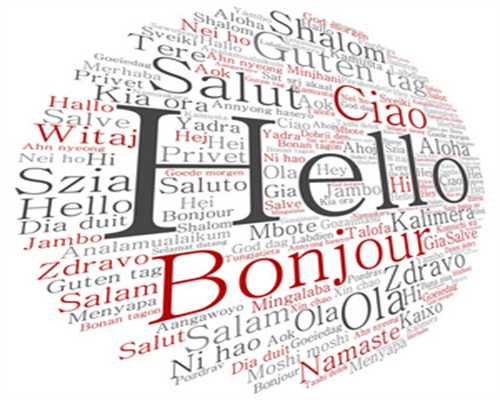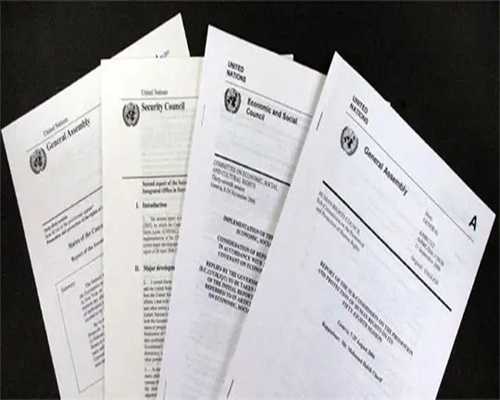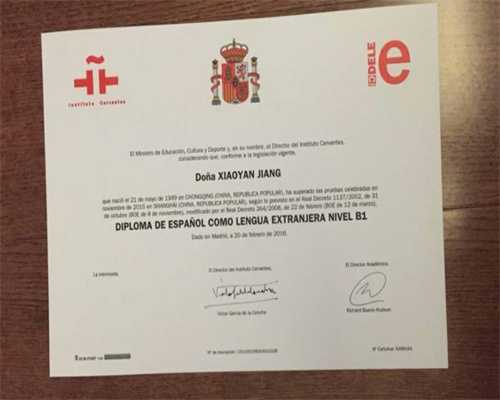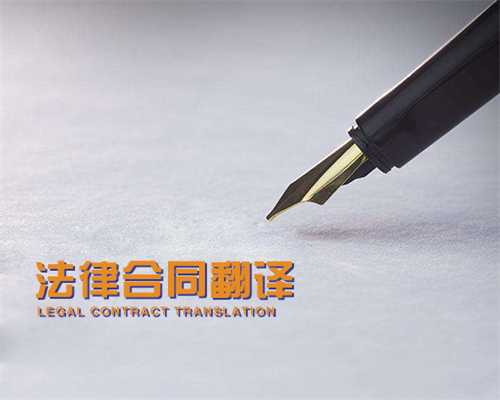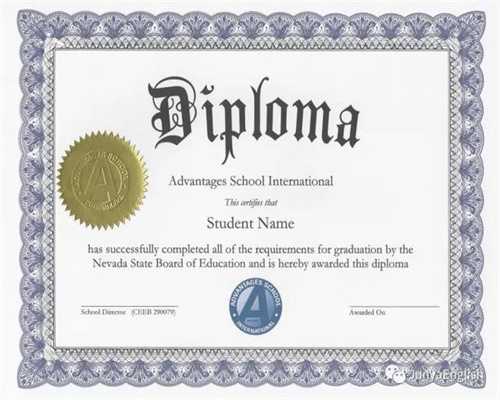集会笔译的知识产权问题_瑞科上海翻译公司
正在计划集会举止时有一个紧张问题经常被忽视,那就是对同声传译停止灌音、网上直播等所波及的版权问题。
当您思量以下问题的时间:集会是不是须要灌音?要录制哪些场次?同传是不是也要录,是不是要将口译员的声响录出来?录制内容是作为外部利用,仍是做网上直播或录播?须要哪些音视频设备?谁去供给?
便波及到集会笔译的知识产权问题了。
集会口译员权益受国际法护卫。对集会做收集直播需事先征得同传舌人同意。
对同传停止灌音须要事先征得口译员的同意
集会口译员的现场翻译遭到国际功令护卫。1886年经由过程的《伯尔尼条约》,对文学及艺术作品作者的权益供给了护卫。翻译作品无论是文字、声响、音视频仍是别的近似情势的,均作为原创作品遭到版权保护,而译者作为作者一样遭到条约的护卫。依据《伯尔尼条约》,集会口译员的现场同传属于翻译作品,而身为作者,同传舌人则享有《条约》所划定的专有权力。
简而言之,毫不可以正在口译员不知情或没有同意的环境下,对其停止灌音。那也是为了护卫口译员没有被第三方告状。倘若灌音的次要使用者不是集会主办方,则灌音前借须要失掉集会组织圆的受权,并征得发言人的同意。
国际集会口译员协会(AIIC)针对集会中录制笔译内容需遵照的前提 供给了操作性指点。一般而言,集会笔译效劳合同中需包括版权让渡条目及具体答应用度的划定。
Memorandum concerning the use of recordings of interpretation at conferences
1. The present memorandum drafted by the International Association of Conference Interpreters is based on the provisions of international copyright agreements administered by WIPO and UNESCO and contains practical information on the conditions governing the use of recordings made of interpretation at conferences.
Warning
2. Conference interpretation is an oral intellectual exercise quite distinct from drafting a written text. Any attempt to put the content of recording of conference interpretation into written form without considerable preliminary editing can only yield questionable results.There is no known instance of spoken language being completely transferable into acceptable written form. It is therefore recommended that professional minute writers or translators be used to do the editing required.
3 . Stenotypists a related profession trained to prepare word-for-word versions of conference proceedings are also available.
Introduction
4. The protection of intellectual and creative works and their use by third parties are subject to national legislation bilateral agreements and international agreements in particular the International Copyright Convention and the Berne Convention for the Protection of Artistic and Literary Works.
5. The performance of conference interpreters is protected under international law. The Berne Convention provides protection for the interests of authors; translations are protected as original works and translators are protected as authors. When fixed in material form of any nature whatsoever (printed sound or audiovisual recording records discs magnetic tapes videograms slides films wire cable transparencies photocopies microcards or any similar method) the performance of the conference interpreter becomes a translation within the meaning of the Berne Convention and  the exclusive rights foreseen in the Convention apply to the author.
the exclusive rights foreseen in the Convention apply to the author.
6. The purpose of the rules governing copyright is the protection of the legitimate rights of the author. Thus no one may publish the work of an author nor exploit it in any other way without the preliminary consent of the author: the exclusive right to grant such authorization belongs solely to the author i.e. the interpreter.
Finally the Universal Declaration of Human Rights (10 December 1948) recognises in principle the protection of the moral and material rights of authors in relation to their works.
Contract for assignment of copyright
7. The normal method of assignment of copyright covers two stages: the conclusion of a contract and the implementation of its provisions.
A. Conclusion of a contract
8. The assignment of copyright must be made in writing. The organiser the person responsible for the conference or any third party who may wish to record interpretation in the course of a meeting must therefore apply for permission at the time the very first contacts are made with the interpreters concerned. NO INTERPRETER MAY BE RECORDED WITHOUT HIS/HER KNOWLEDGE AND WITHOUT HIS/HER CONSENT.
The authorization of third parties may be necessary inter alia the organiser of the conference (if he is not the principal user of the recording) and that of the original speakers at the meeting. This consent is necessary in order to protect the interpreter against any proceedings taken by a third party.
9. The contract for the use of a recording of conference interpretation shall be drafted in as precise clear and unequivocal terms as possible. It must state the type of use (commercial or non-commercial) foreseen for the recording and the technical method(s) of dissemination of the work (printing cassettes video-cassettes broadcasting television etc.). Any use not specifically provided for in the contract remains the property of the author.
10. An individual contract must be established for each interpreter involved in an assignment of rights i.e. for all interpreters working in the language(s) being recorded including any interpreters acting as relay-point "pivot". Each contract shall be signed by both parties.
11. The contract shall also contain details of the scope of application in time and space the method and amount of payment the jurisdiction applicable and the technical method provided to ensure quality of recording. Furthermore a recording of the original version of speeches must be foreseen as well as the recording of the interpretation in the version heard through their headphones by the audience.
B. Implementation of the contract
12. Apart from the conditions agreed to in the contract which must be complied with and implemented there are other obligations incumbent upon the assignee even if they are not provided for in the contract: if the interpreter so wishes his name shall be published by the user of the recording and any distortion or alteration to the quality of the recording which could be harmful to the honour or reputation of the interpreter must be avoided.
The user shall guarantee payment to the interpreter of the fee agreed to in the contract. Information must be made available to allow the interpreter in cases of pro rata terms of remuneration to check the ratio between payment(s) received and the actual use of the work.
Practical advice
13. The organiser the person responsible for the conference or any third party user must ensure by notices posted in the meeting rooms and by publication in the programme that no recording(s) other than those authorized in writing in the contract are made. With the specific exception of press conferences all tape recorders used by individuals wishing to make secret or pirated recordings must be disconnected.
Should unauthorized sound or audiovisual versions (tapes cassettes videograms discs slides films wire cable transparencies etc.) or pirated texts (photocopies printed microcards microfiches print-outs etc.) be sold the interpreters will hold the signatory of the contract responsible for enforcing their rights.
Remuneration
14. Remuneration is negotiated freely between the organiser of the conference and the interpreters.
Model Contracts
15. A model contract to cover the assignment of copyright in connection with the recording(s) of conference interpretation is attached. It is intended to facilitate the contractual relationship between the interpreter and the organiser the person responsible for the conference or any third party assignee.
本文摘自收集





